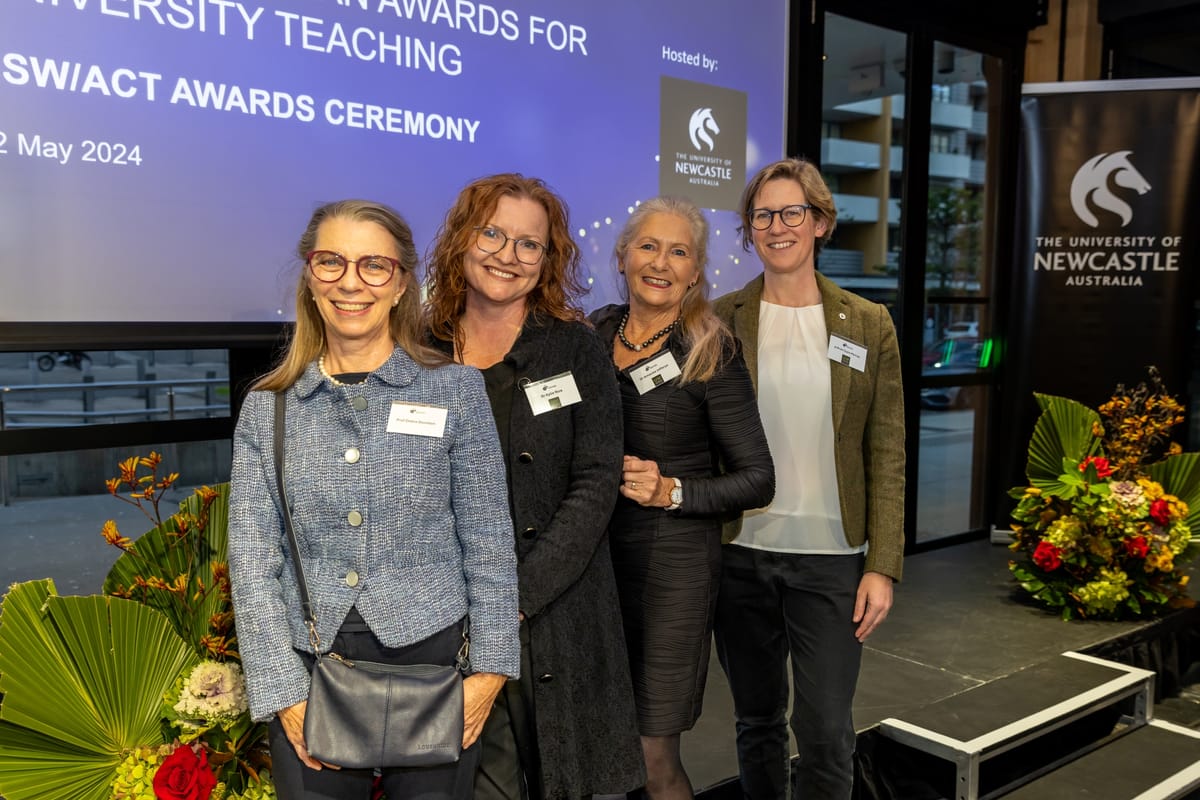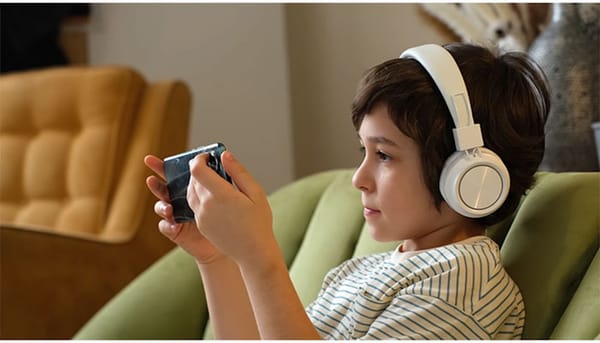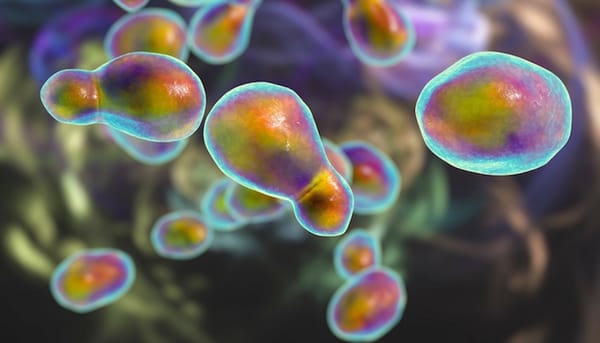UNE first in the field of psychology with fully simulated online placements
Students of psychology at the University of New England (UNE) are the first in the nation to be completing some of their placements in a fully simulated, online environment.

First published on University of New England
Students of psychology at the University of New England (UNE) are the first in the nation to be completing some of their placements in a fully simulated, online environment.

The simulated placement was developed by a team of UNE psychology academics to address barriers faced by rural and remote students to complete mandatory placements.
With this addition, UNE was the first institution to offer a Master of Professional Psychology which can be completed fully online from anywhere in Australia. With the move to the simulated placement, all requirements of the Master of Professional Psychology at UNE, including the intensive schools, are offered online to overcome student barriers and increase student access.
Dr Kylie Rice said the team identified two major issues with existing practice-based psychology placements that were preventing students from progressing their studies.
“First, there was considerable variability in the quality of learning opportunities and competencies developed across placements,” Dr Rice said.
“Second, placement opportunities were limited for rural and remote students due to the dearth of access to appropriately supervised placements,” she said.
A program evaluation survey found that 100% of students completing the unit improved in both competency and confidence about entering practice in their internship year, the final year of training before gaining General Registration as a psychologist.
“Feedback from supervisors has been similarly positive, noting that students are much better prepared and ‘work-ready’ when they started practicing with real clients,” said Dr Suzie Cosh, who implemented the placement.
“Finally, the simulated placement has supported 100% of students to complete their studies on time, ensuring a steady pipeline of graduates entering the workforce.
“During the first wave of the pandemic, while the rest of the world scrambled to adapt to online teaching, our team began developing this online placement program,” she said.
UNE Psychology student Grant Duthie completed an online placement from his base in regional NSW as a part of his Master of Professional Psychology.
“One of the advantages of the online placement is that it can be done from wherever you live. I found that particularly beneficial I did my placement when I was here in regional NSW and I had the chance to test out and develop new skills as new clinician.
“I didn’t encounter some if the difficulties that students face, in terms of trying to locate a placement and manage all of those complexities, particularly when you are based in a regional or remote place.”
The placement involves students watching videos of simulated client sessions, then practicing their skills in peer role-plays over Zoom, with input from supervisors. Students also practice writing clinical reports and other essential skills so that they can hit the ground running when they start their internship year working with real clients.
For their efforts, the Clinical Psychology Team received an Australian Award for University Teaching, acknowledging the key contributions of Dr Kylie Rice, Ms Sarah Sherratt, A/Prof Suzie Cosh, A/Prof Clara Murray, Dr Amanda Jefferys, Alice Hone, Dr Hayley Farrell, Dr Cassandra Sundaraja and A/Prof Phillip Tully.
The Australian Awards for University Teaching (AAUT) celebrate and reward excellence in university teaching. They celebrate and reward programs and practices that support students and enhance learning. They promote excellence in learning and teaching in all aspects of higher education.
Pictured at the awards ceremony are Adjunct Professor Debra Dunstan, Dr Kylie Rice, Dr Amanda Jefferys and Dr Clara Murray.




